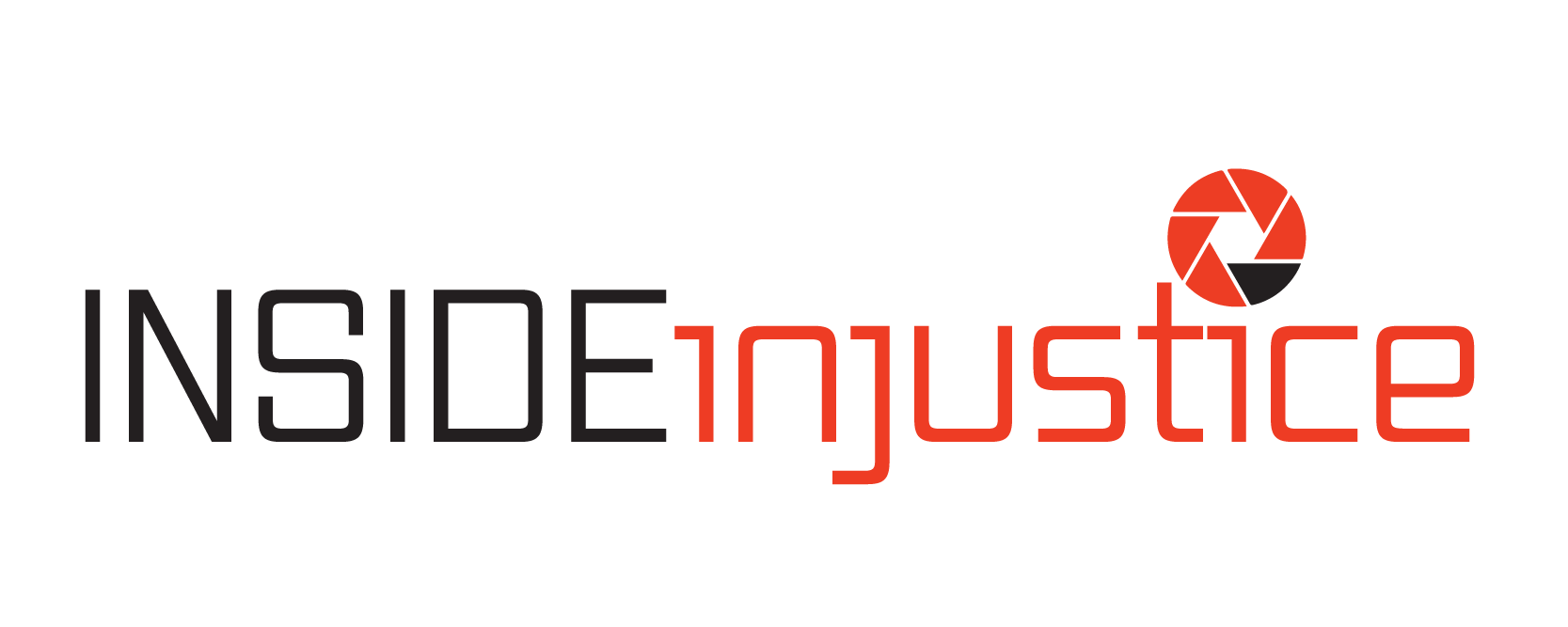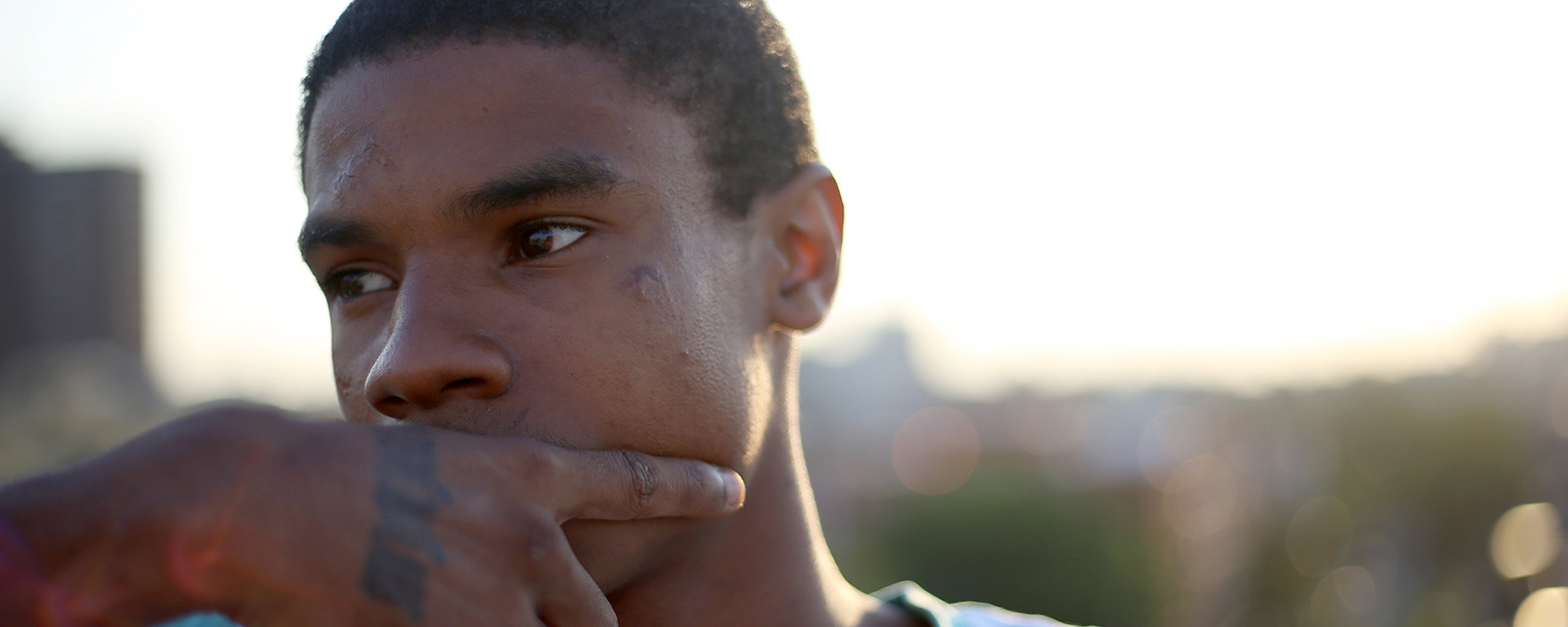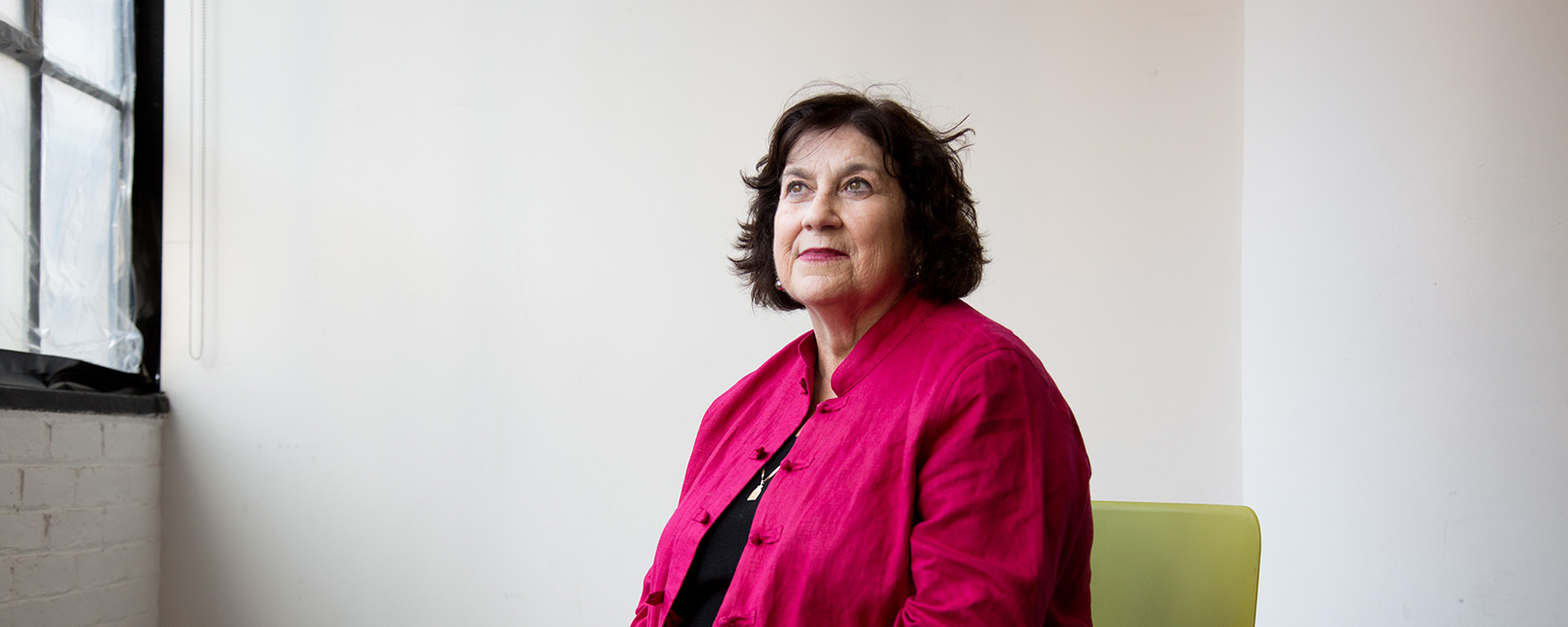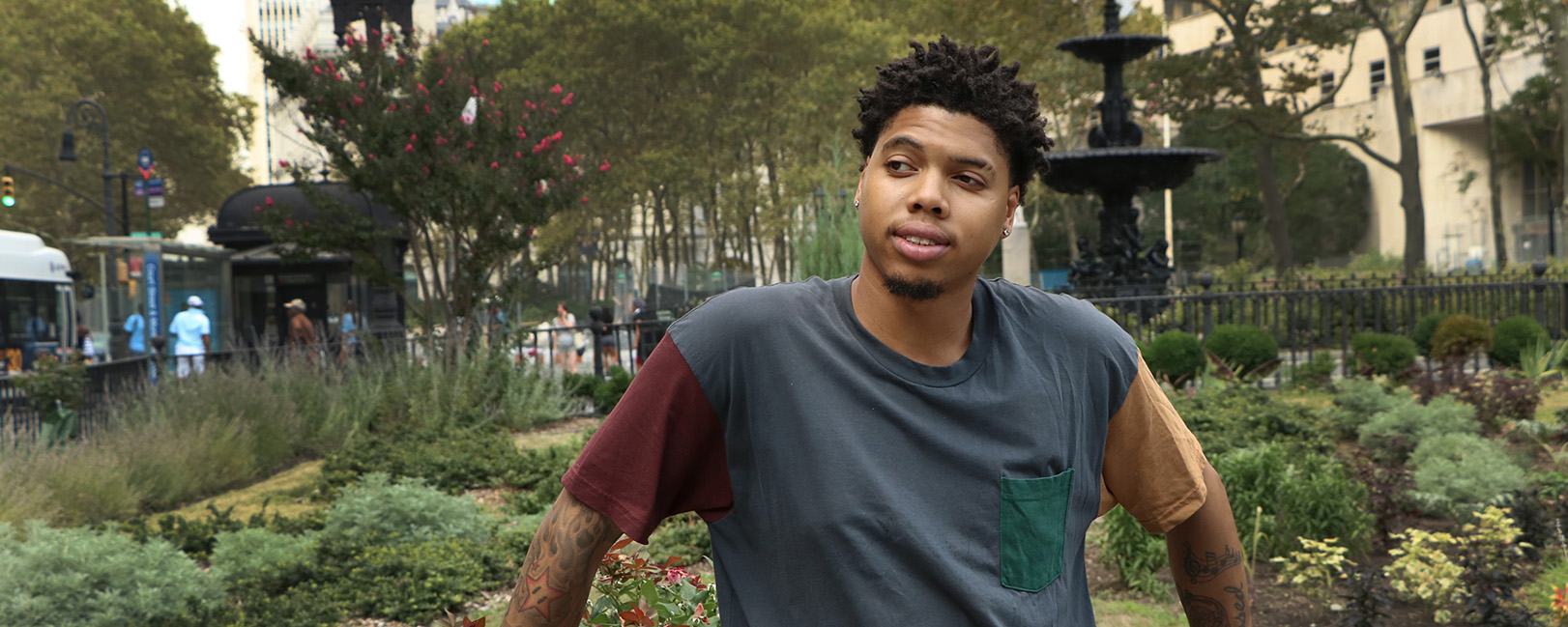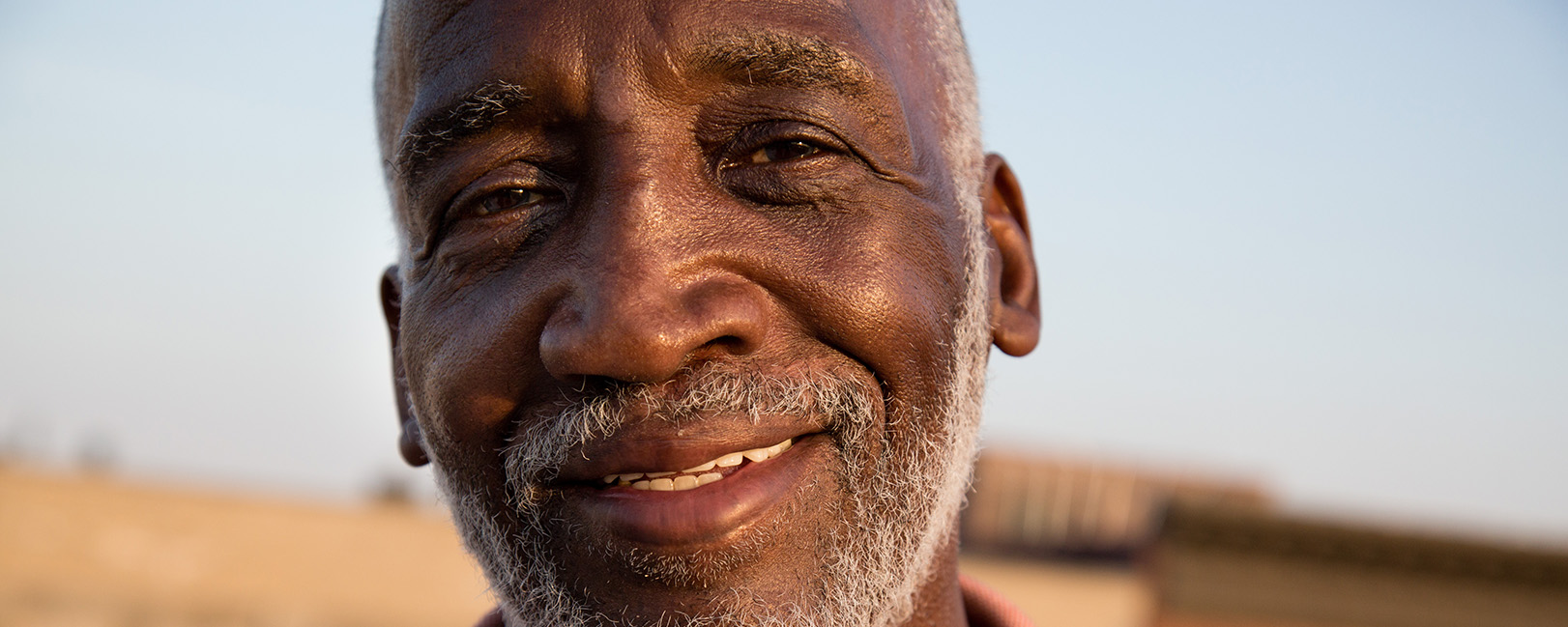Inside Injustice
Inside Injustice
An interdisciplinary learning program, Inside Injustice gives advocacy tools to those directly affected by the criminal justice system whether they be formerly incarcerated, on probation, or have incarcerated parents or family members. The program seeks to empower individuals by acknowledging their human rights and giving voice to their stories through personal testimony and photography.
Through engagement with human rights education, photography and testimony training, and an exploration of their position within the systems that impact them, participants are given the opportunity to create and curate the images and photographs they want others to see. Participants develop practical and creative skills in photography and journalism, as well as new skills in leadership and advocacy. The program’s ultimate goal is to create engaged citizens who feel empowered to be ambassadors and change makers in their communities.
Why Inside Injustice?
A growing body of research indicates that civic engagement may be an effective way to build social capital and valuable skills that can facilitate upward mobility for young Americans in under-resourced communities. Inside Injustice can educate, empower, and energize disenfranchised youth and increase their civic engagement, political participation, and creative expression.
PROOF is seeking to bring Inside Injustice to organizations that work directly with youth involved with the criminal justice system. Inside Injustice will provide the opportunity and resources to facilitate this unique educational enrichment program alongside likeminded institutions that support young people who are or have been detained or incarcerated, on probation, or have incarcerated parents or family members. PROOF will work closely with its partnering institutions to develop a customized program to meet the needs and interests of the participating youth.
Inside Injustice participants will produce original work including, but not limited to:
Photographs and testimonial photo essays;
Education resource toolkits for schools and communities;
Large-scale photo exhibitions;
Documentary theatre pieces.
Once produced, PROOF’s exhibitions and education outputs will be made available as education tools for schools, community groups, universities, policymakers, and museums. Final products are dependent on funding and the specific needs and wishes of the host organization.
